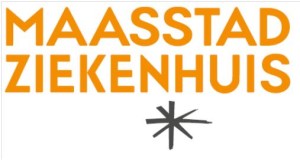Friends for Kidneys
Introduction
Despite abundant evidence that pre-emptive renal transplantation offers the best treatment for patients with end stage renal disease, many patients start with dialysis. They find it difficult to talk to relatives and friends about their illness and treatment options. Therefore, living-kidney-donation is often carried out after a period of dialysis. We hypothesized that timely education of family and friends of patients improves understanding, prevent misconceptions about future health status and stimulates discussion about living kidney donation.
Methods
In 2008 the Maasstad Hospital social workers started to offer timely education to family and friends from chronic kidney disease patients. They inform each individual patient about the possibility of this form of education. When the patient agrees they organize a gathering of all relatives and friends of the patient, preferably at his home. This informative gathering often enables an intimate discussion about the current and future health status of the patient and different treatment options. Data of patient survival on dialysis, after living kidney donation and deceased donor transplantation are given. Risks and benefits of living kidney donation for recipient and donor are presented.
Results
Participating patients, relatives and families welcomed the approach of family counseling. All felt improved mutual understanding and bonding within the family. All patients were relieved after the hospital social worker initiated discussion about LKD. Until the end of 2015 group education was given to 84 families of CKD patients of the Maasstad hospital. Potential living kidney donors showed up in 64 cases.
Conclusion
Early group-education of families and friends of patients with CKD leads to a better informed and understanding family, and to an improved family bonding. Relatives often consider living kidney donation and which makes pre-emptive transplantation a realistic treatment modality.
We recommend to offer this form of education to all patients with CKD stage 3-4.

